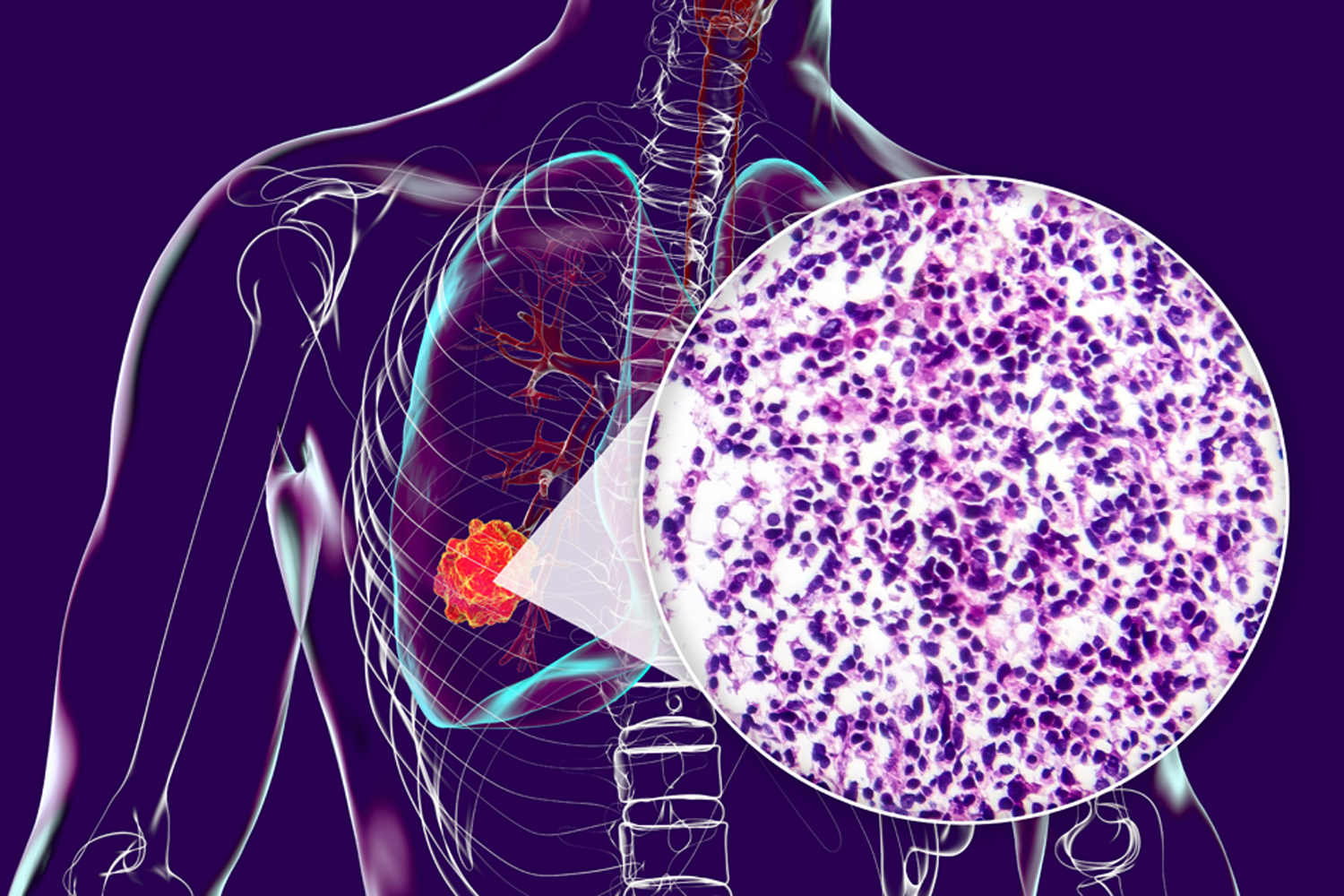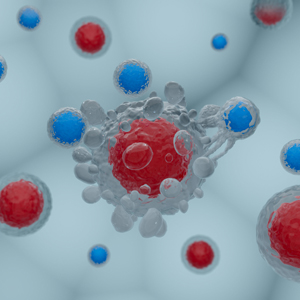-
Forward Look
Who Benefits From Immunotherapy?Success of immune checkpoint inhibitors in clinical trials does not always carry over to patients in the clinic.
by Delia O'Hara
-
Forward Look
What’s Next?Artificial intelligence may help to classify colorectal polyps.
by Nancy Averett
-
Forward Look
Fasting-Mimicking Diet Increases Anti-Tumor ImmunityResearch suggests short bursts of intense calorie restriction could improve treatment response in patients with a range of cancers.
by Robin Donovan
-
Forward Look
Coordination of CarePilot program emphasizes standards to streamline patient care.
by Carolyn Bernhardt
-
How COVID-19 Changed Cancer Care
A new report from the American Association for Cancer Research explores how the COVID-19 pandemic affected cancer patients, researchers and care providers.
by Eric Fitzsimmons
-
2021: The Year in Cancer News
The Cancer Today editorial staff selects some of the most impactful reporting and essays of 2021.
by Cancer Today Staff
-
From the Editor-in-Chief
Astronomy Meets PathologyData analysis platforms that map the cosmos are being applied to map the tumor microenvironment, an approach that could revolutionize cancer pathology.
by William G. Nelson, MD, PhD
-
Quality Questions
When you are diagnosed with cancer, how can you be sure you're getting appropriate care?
by K.J. Bannan
-
Forward Look
CAR T Cells for Blood Cancer PatientsResearchers aim to minimize disease relapses by targeting multiple proteins.
by Erin O'Donnell
-
Forward Look
A Closer Look at Survivorship Among HispanicsStudy investigates factors that contribute to cancer outcomes in a large and growing segment of the U.S. population.
by Sharon Tregaskis
Cancer Talk
Treatment Combination Improves Survival in EGFR-positive Lung Cancer
Adding chemotherapy to targeted therapy improves outcomes for people with advanced EGFR-positive non-small cell lung cancer.
by Sandra Gordon
Lessons From 20 Years Living With CancerMultiple myeloma survivor Jonathan Gluck reflects on uncertainty, and the scientific progress that has kept him living with cancer for more than two decades.
by Eric Fitzsimmons
The Enduring Importance of Cancer Disparities ResearchOpening session from AACR conference highlights how perseverance and adversity have informed cancer disparities research over the years.
by Eric Fitzsimmons
Most Cancer Survivors Don’t Meet Healthy Diet GoalsDespite research linking fruits and vegetables to cancer survival, many people do not change their eating habits after diagnosis.
by Darlene Dobkowski















